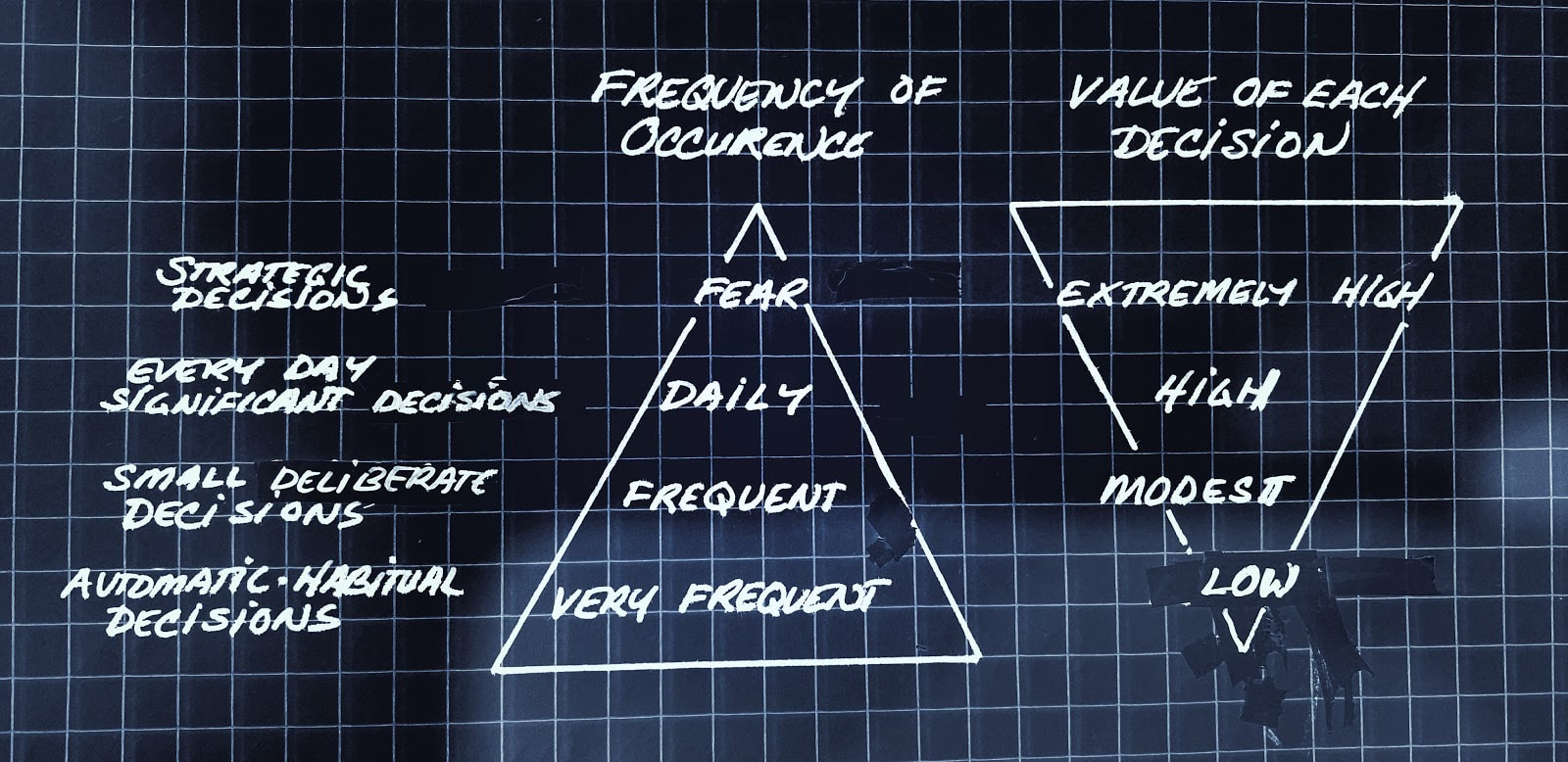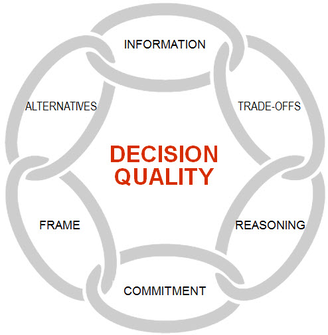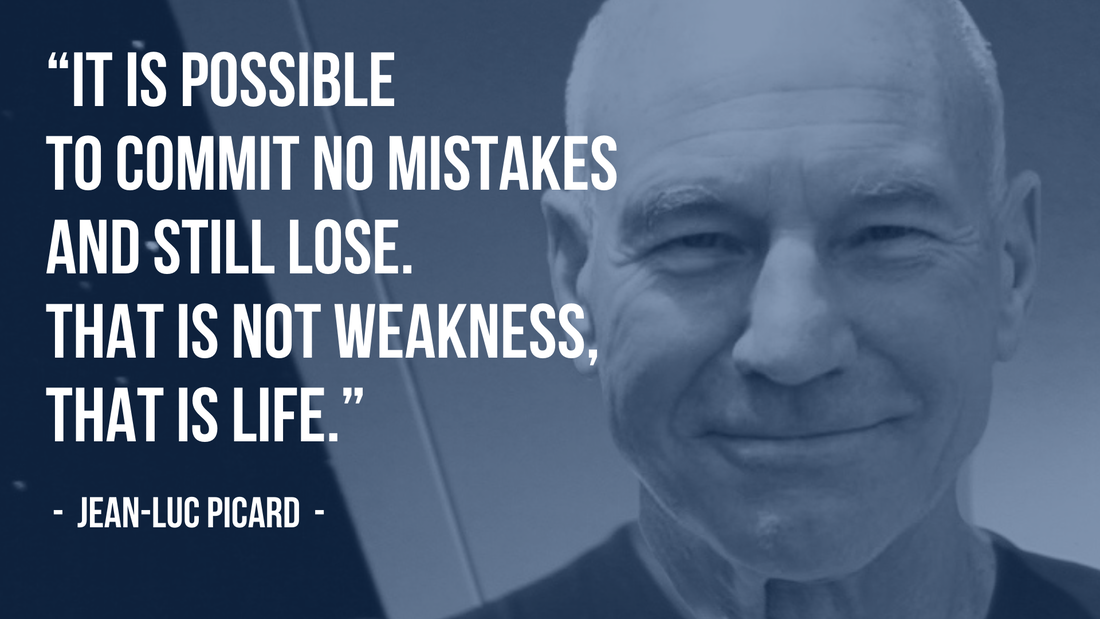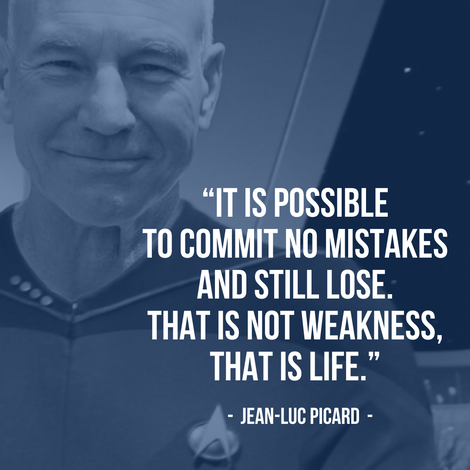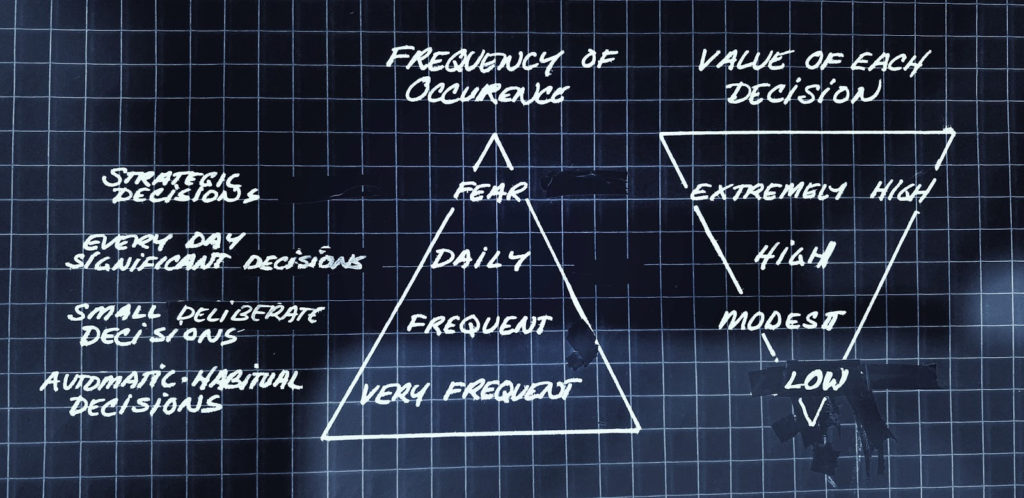
Decision-making during a pandemic – how to choose from bad options and disagree while preserving your important relationships
As the weather cools, children return to schools, and the holiday season approaches, we will have to take a different approach to the mitigation of exposure risk than what we’ve experienced so far.
If you’re finding it hard to make one or more decisions right now – it might be time to take a different, more structured approach.
Years ago, I took a six-week course through Stanford University on SDG’s Decision Quality framework - this model sorts decision types by both frequency and value:
The Decision Quality model considers six elements when making important, strategic, high-quality decisions:
- Set the right shared frame (purpose, perspective, and scope)
- Consider alternatives;
- Gather meaningful data;
- Clarify values and tradeoffs;
- Use logical reasoning; and
- Commit to action.
When we disagree with someone important in our lives on issues that challenge our core values, it can be tempting to prioritize merely reaching an agreement. To maintain a healthy working relationship, openness and trust, and reach high-quality, collaborative decisions, we need to ensure we are listening and seeing each other along the way. The journey is as important as the destination – quick agreement is damaging if it comes at the cost of belonging and security.
It’s equally important to realize that a well-made decision (making the best decision with the information you have at the time) can still have disappointing outcomes.
Consider the six attributes of decision quality, stay true to your core values, and work on building bridges of validation with those you care about.
If you’d like help finding perspective and balance between the roles you fill in your life and work, we’re here to help. Book a free consultation.
If you’ve found this useful, you’d like the TWEekly CLICK TO JOIN our tribe of TWEekly Leadership Geeks. You know you’re a geek if you’re fully committed (body and soul) to honing your craft as a leader.
P.S. We don’t spam – we’re good people.
